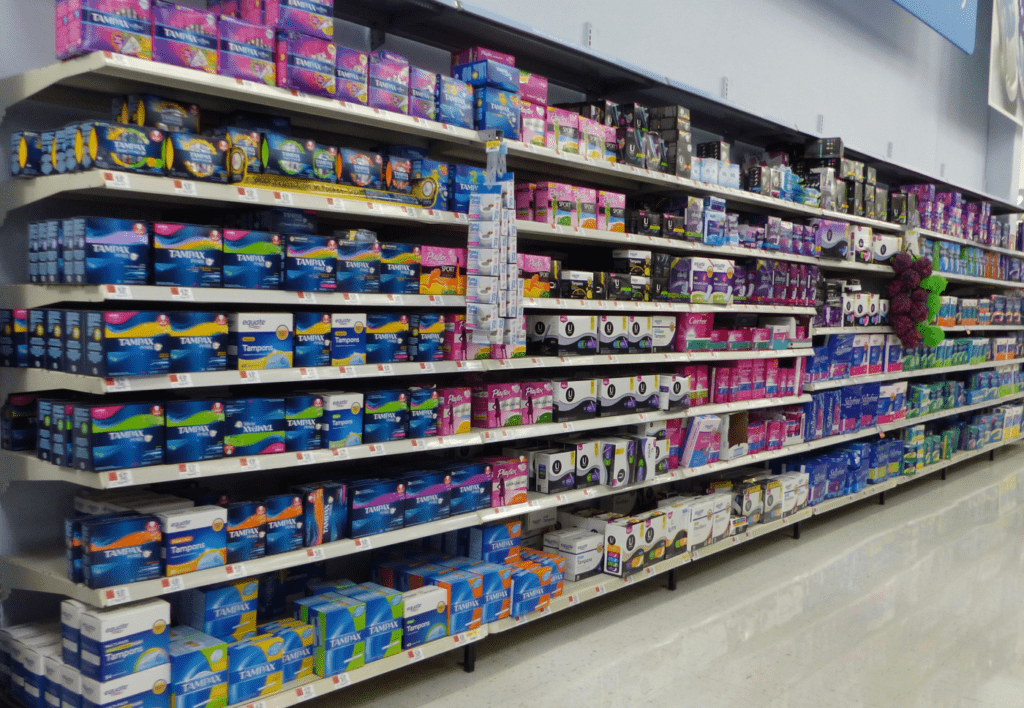The online women’s hygiene products market in India’s second – and third-tier cities is enjoying a Golden Age

Do you focus on india e-commerce market? FULFILLMEN offer you best e-commerce logistics and warehousing in india. To learn more about FULFILLMEN, please click here. According to Flipkart, the number of women experimenting with alternatives such as tampons and menstrual cups – rather than just pads – are growing because of the anonymity offered by online shopping. […]
